NATS Transatlantic Pedagogy Trip to Germany
June 7-18, 2019
Presenters and Organizers
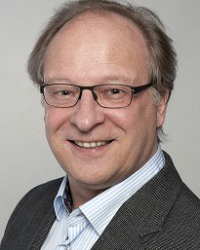 Michael Büttner, PhD, studied at the Academy of Music "Hanns Eisler" Berlin. He worked at the Conservatory in Schwerin, and was research assistant at the Institute for Music and Music Education of the University of Potsdam where he is now spokesman of the Department of Vocal Training. His PhD was on training problems of the singing and speaking voice. In 1994 Dr. Büttner was a guest lecturer at the Crane School of Music, State University of New York. He has served twice as Vice President of the Association of German Singing Educators. He has been the scientific and organizational director of the Berlin Gesangswissenschaftlichen Tagung. He was a founding member and is currently the second chairman of the German Association for Gesangswissenschaft. He is a member of the scientific advisory board of the journal "Sprache - Stimme - Hearing" (Thieme-Verlag, Stuttgart), is an 2011 editor of the "Vox Humana - Journal for Vocal Education," and since 2015 its editor-in-chief.
Michael Büttner, PhD, studied at the Academy of Music "Hanns Eisler" Berlin. He worked at the Conservatory in Schwerin, and was research assistant at the Institute for Music and Music Education of the University of Potsdam where he is now spokesman of the Department of Vocal Training. His PhD was on training problems of the singing and speaking voice. In 1994 Dr. Büttner was a guest lecturer at the Crane School of Music, State University of New York. He has served twice as Vice President of the Association of German Singing Educators. He has been the scientific and organizational director of the Berlin Gesangswissenschaftlichen Tagung. He was a founding member and is currently the second chairman of the German Association for Gesangswissenschaft. He is a member of the scientific advisory board of the journal "Sprache - Stimme - Hearing" (Thieme-Verlag, Stuttgart), is an 2011 editor of the "Vox Humana - Journal for Vocal Education," and since 2015 its editor-in-chief.
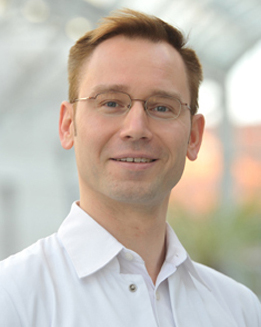 Philipp P. Caffier MD, PhD, serves on the Department of Audiology and Phoniatrics at Charité – Universitätsmedizin Berlin. Along with his medical practice he is a member of the German Singing Teachers Association. (Bundesverband Deutscher Gesangspädagogen, BDG). The Charité – Universitätsmedizin Berlin is Germany’s largest and most prestigious research-intensive medical institution where many Nobel Prize winners have studied or worked. Dr. Caffier will give a presentation at the Mini-Conference “A Kaleidoscope of Vocal Pedagogy.”
Philipp P. Caffier MD, PhD, serves on the Department of Audiology and Phoniatrics at Charité – Universitätsmedizin Berlin. Along with his medical practice he is a member of the German Singing Teachers Association. (Bundesverband Deutscher Gesangspädagogen, BDG). The Charité – Universitätsmedizin Berlin is Germany’s largest and most prestigious research-intensive medical institution where many Nobel Prize winners have studied or worked. Dr. Caffier will give a presentation at the Mini-Conference “A Kaleidoscope of Vocal Pedagogy.”
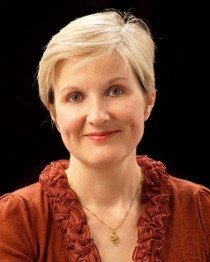 Barbara Hoos de Jokisch, PhD, will present on “A Kaleidoscope of Vocal Pedagogy.” She teaches singing and methodology as an academic advisor at the Berlin University of the Arts. After many years as a singer and vocal pedagogue, among others at the UdK Berlin and the ENM Music College in Mexico City, she earned her doctorate under Ulrich Mahlert on the vocal pedagogue Franziska Martienßen-Lohmann ("Die geistige Klangvorstellung", Breitkopf & Härtel 2015). In her lectures and publications she deals with historical, philosophical and methodological questions within singing education. She was a member of the board of the BDG from 2010-2014 and works as a coach for "voice, language and personality," including conducting and leading. Since 2015 she is a member of the editorial team of the magazine "Vox Humana" and supervises the department "Aus der Praxis."
Barbara Hoos de Jokisch, PhD, will present on “A Kaleidoscope of Vocal Pedagogy.” She teaches singing and methodology as an academic advisor at the Berlin University of the Arts. After many years as a singer and vocal pedagogue, among others at the UdK Berlin and the ENM Music College in Mexico City, she earned her doctorate under Ulrich Mahlert on the vocal pedagogue Franziska Martienßen-Lohmann ("Die geistige Klangvorstellung", Breitkopf & Härtel 2015). In her lectures and publications she deals with historical, philosophical and methodological questions within singing education. She was a member of the board of the BDG from 2010-2014 and works as a coach for "voice, language and personality," including conducting and leading. Since 2015 she is a member of the editorial team of the magazine "Vox Humana" and supervises the department "Aus der Praxis."
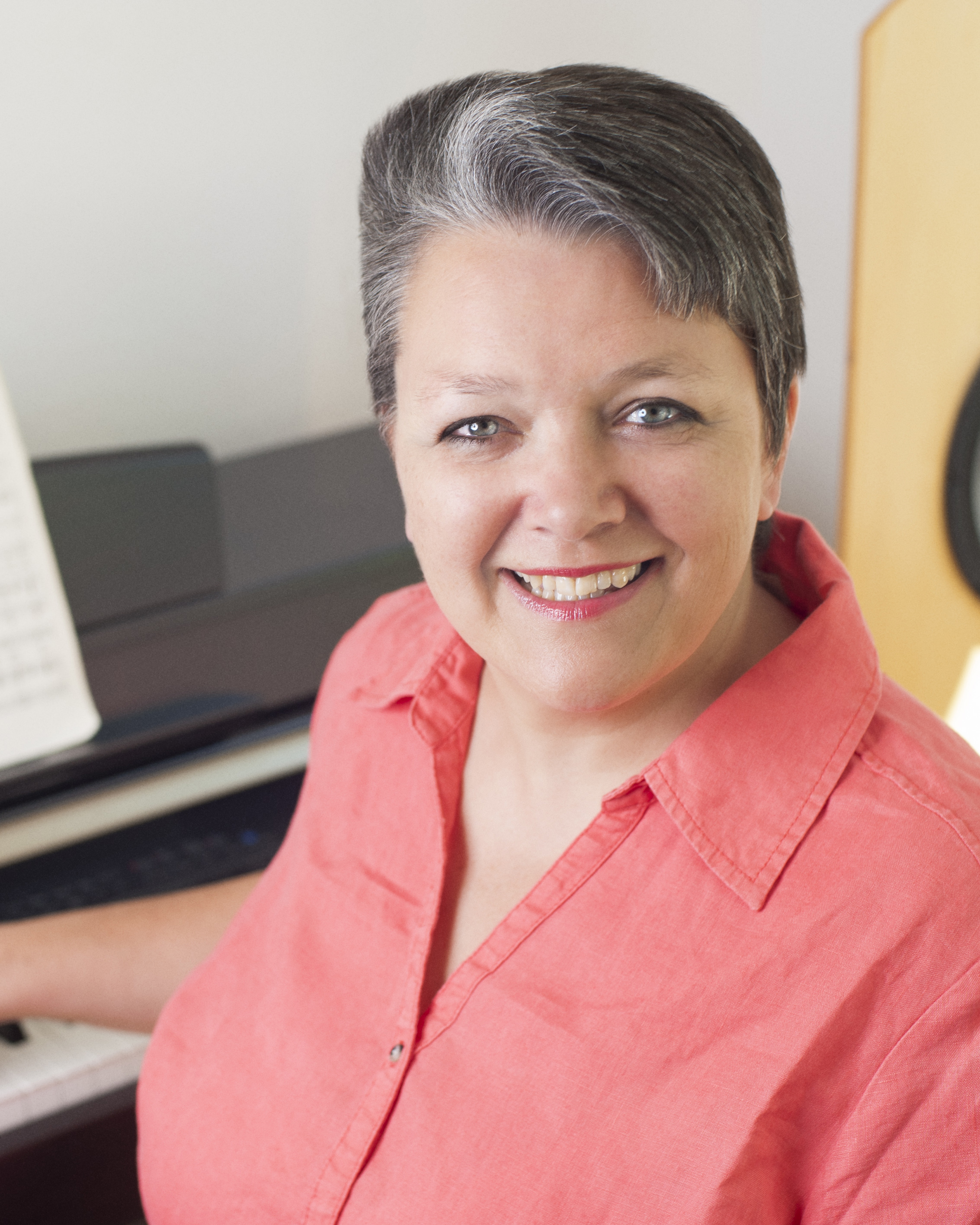 Eleanor Forbes is a teacher at the Academy of Music Hanns Eisler in Berlin. Born and brought up in Scotland, Forbes completed a degree in German studies at Aberdeen University before attending the Royal College of Music in London to study singing. There she attended the opera school and won several prizes. She also took part in masterclasses and courses given by Elisabeth Grümmer, Peter Pears, John Shirley-Quirk and Gérard Souzay. Her performing experience is wide and varied, covering several vocal genres. She also gained experience as a voice-over speaker for Deutsche Welle TV. She has been based in Germany since 1986. She and Marilyn Schmiege have planned our mini-conference in Berlin titled, “A Kaleidoscope of Vocal Pedagogy.”
Eleanor Forbes is a teacher at the Academy of Music Hanns Eisler in Berlin. Born and brought up in Scotland, Forbes completed a degree in German studies at Aberdeen University before attending the Royal College of Music in London to study singing. There she attended the opera school and won several prizes. She also took part in masterclasses and courses given by Elisabeth Grümmer, Peter Pears, John Shirley-Quirk and Gérard Souzay. Her performing experience is wide and varied, covering several vocal genres. She also gained experience as a voice-over speaker for Deutsche Welle TV. She has been based in Germany since 1986. She and Marilyn Schmiege have planned our mini-conference in Berlin titled, “A Kaleidoscope of Vocal Pedagogy.”
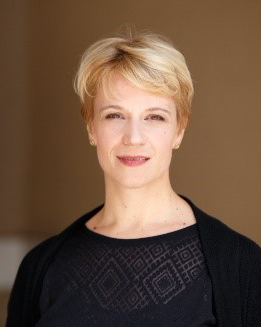 Esther Kaiser is one of the Germany’s most versatile and genre-bending representatives of contemporary German vocal jazz. As a recording artist, jazz professor and live performer involved in a variety of projects, she constantly seeks to merge jazz and improvisation with different musical styles. Her latest solo album "Songs of Courage" released in August 2018 already received a lot of positive recognition from German music critics, especially because its aim is to bring a political message back to jazz music. Esther Kaiser has held a professorship in jazz, rock and pop singing at the Carl Maria von Weber University of Music in Dresden, Germany, since 2012. Esther Kaiser will do a presentation at the mini-conference on “Sound meets rhythm – a close-up of Jazz and Pop-based singing.”
Esther Kaiser is one of the Germany’s most versatile and genre-bending representatives of contemporary German vocal jazz. As a recording artist, jazz professor and live performer involved in a variety of projects, she constantly seeks to merge jazz and improvisation with different musical styles. Her latest solo album "Songs of Courage" released in August 2018 already received a lot of positive recognition from German music critics, especially because its aim is to bring a political message back to jazz music. Esther Kaiser has held a professorship in jazz, rock and pop singing at the Carl Maria von Weber University of Music in Dresden, Germany, since 2012. Esther Kaiser will do a presentation at the mini-conference on “Sound meets rhythm – a close-up of Jazz and Pop-based singing.”
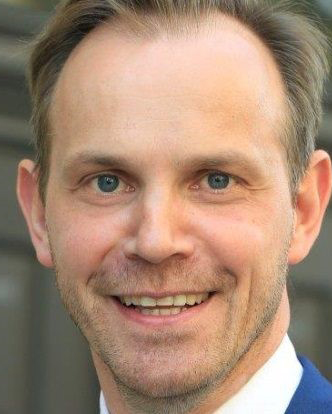 Michael Maul is Senior Scholar at the Bach-Archiv Leipzig and lecturer in musicology at the universities of Leipzig/Halle. He is also the artistic director of the annual Leipzig Bach Festival. He has made some astonishing Bach discoveries during the last decade, including an unknown aria (BWV 1127). Bach wrote this aria when he was 28 years old, dated October, 1713. Michael Maul, who found the manuscript in 2005 stashed in a box of birthday cards from the Amalia Library in Weimar. It was written for soprano, strings and basso continuo in honor the the 52nd birthday of Duke Wilhelm Ernst of Saxe-Weimar. His book, "Bach’s Famous Choir: The Saint Thomas School in Leipzig 1212-1804," was recently translated into English.
Michael Maul is Senior Scholar at the Bach-Archiv Leipzig and lecturer in musicology at the universities of Leipzig/Halle. He is also the artistic director of the annual Leipzig Bach Festival. He has made some astonishing Bach discoveries during the last decade, including an unknown aria (BWV 1127). Bach wrote this aria when he was 28 years old, dated October, 1713. Michael Maul, who found the manuscript in 2005 stashed in a box of birthday cards from the Amalia Library in Weimar. It was written for soprano, strings and basso continuo in honor the the 52nd birthday of Duke Wilhelm Ernst of Saxe-Weimar. His book, "Bach’s Famous Choir: The Saint Thomas School in Leipzig 1212-1804," was recently translated into English.
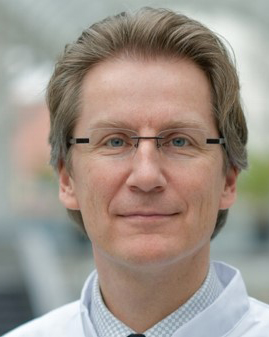 Dirk Mürbe, MD, was recently appointed director of the Department of Audiology and Phoniatrics at the preeminent German research institution and medical center, the Charité - Universitätsmedizin Berlin. He studied medicine at the Universities of Rostock, Dublin and Dresden and graduated at the same time as a scholarship holder of the Studienstiftung des Deutschen Volkes a vocal studies at the Dresden University of Music with an artistic diploma. He is a specialist in phoniatrics and paedaudiology as well as a specialist in otorhinolaryngology and in 2010 he took over a professorship for Phoniatry and Pedaudiology at the TU Dresden. Since 2012 he has a lectureship in the field of voice at the University Mozarteum Salzburg. He is an expert in highly specialized surgery to improve the voice along with the diagnosis surgery and aftercare of patients with cochlear implants, the study of child language acquisition, and the use of 3D endoscopy for reliable laryngeal diagnosis He is particularly interested in music medicine and the visibility of the field: What are music-specific illnesses? What are the morphological and functional characteristics of professional voices? And what could new therapeutic approaches be?
Dirk Mürbe, MD, was recently appointed director of the Department of Audiology and Phoniatrics at the preeminent German research institution and medical center, the Charité - Universitätsmedizin Berlin. He studied medicine at the Universities of Rostock, Dublin and Dresden and graduated at the same time as a scholarship holder of the Studienstiftung des Deutschen Volkes a vocal studies at the Dresden University of Music with an artistic diploma. He is a specialist in phoniatrics and paedaudiology as well as a specialist in otorhinolaryngology and in 2010 he took over a professorship for Phoniatry and Pedaudiology at the TU Dresden. Since 2012 he has a lectureship in the field of voice at the University Mozarteum Salzburg. He is an expert in highly specialized surgery to improve the voice along with the diagnosis surgery and aftercare of patients with cochlear implants, the study of child language acquisition, and the use of 3D endoscopy for reliable laryngeal diagnosis He is particularly interested in music medicine and the visibility of the field: What are music-specific illnesses? What are the morphological and functional characteristics of professional voices? And what could new therapeutic approaches be?
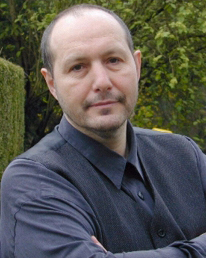 Berthold Schmid, tenor, studied at conservatories in Stuttgart, Munich and Freiburg in the subjects of school music, piano and singing. As a singer he has performed throughout Europe, in Japan, Korea, Israel, and South America. In addition to singing the Evangelists in Bach’s great Passions, he has sung numerous world premiers of new music. He taught at the Music Academy in Dortmund and currently teaches at the University of Music and Theater “Felix Mendelssoh-Bartholdy” in Leipzig. He was President of the Association of German Singers Educators (BDG) from 2003-2010 and is now an honorary president.
Berthold Schmid, tenor, studied at conservatories in Stuttgart, Munich and Freiburg in the subjects of school music, piano and singing. As a singer he has performed throughout Europe, in Japan, Korea, Israel, and South America. In addition to singing the Evangelists in Bach’s great Passions, he has sung numerous world premiers of new music. He taught at the Music Academy in Dortmund and currently teaches at the University of Music and Theater “Felix Mendelssoh-Bartholdy” in Leipzig. He was President of the Association of German Singers Educators (BDG) from 2003-2010 and is now an honorary president.
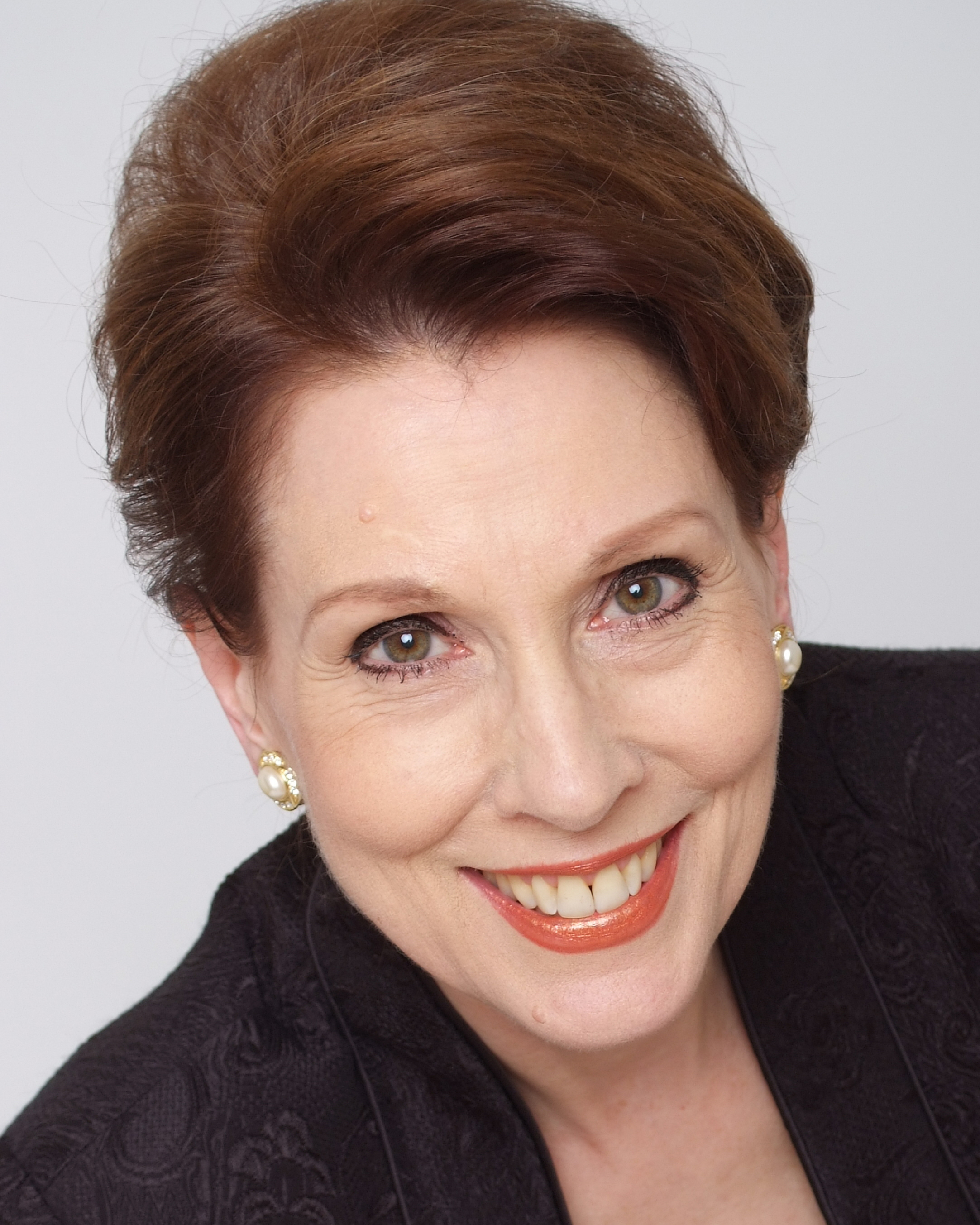 Marilyn Schmiege serves as president of the German Singing Teachers Association (Bundesverband Deutscher Gesangspädagogen, BDG), the largest association of vocal educators in Europe. The American mezzo-soprano’s stellar career began in 1978 as Dorabella in Così fan tutte at the Wuppertal opera house. From 1978 to 1982 Schmiege was a member of the ensemble at the Staatstheater am Gärtnerplatz, followed by guest engagements at the major international opera stages. She began teaching in 2001 at the Richard Strauss Conservatory and in 2008 at the University of Music and Performing Arts Munich. Marilyn Schmiege and Eleanor Forbes are the key planners for our mini-conference in Berlin titled, “A Kaleidoscope of Vocal Pedagogy.”
Marilyn Schmiege serves as president of the German Singing Teachers Association (Bundesverband Deutscher Gesangspädagogen, BDG), the largest association of vocal educators in Europe. The American mezzo-soprano’s stellar career began in 1978 as Dorabella in Così fan tutte at the Wuppertal opera house. From 1978 to 1982 Schmiege was a member of the ensemble at the Staatstheater am Gärtnerplatz, followed by guest engagements at the major international opera stages. She began teaching in 2001 at the Richard Strauss Conservatory and in 2008 at the University of Music and Performing Arts Munich. Marilyn Schmiege and Eleanor Forbes are the key planners for our mini-conference in Berlin titled, “A Kaleidoscope of Vocal Pedagogy.”
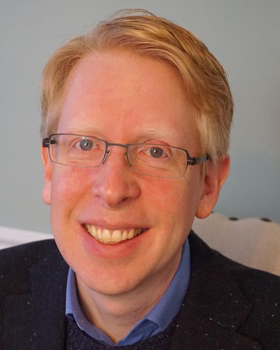 Andrew Talle teaches at Northwestern University in the musicology program. His research focuses on musical culture in the time of Johann Sebastian Bach. His book, "Beyond Bach: Music and Everyday Life in the Eighteenth Century," reveals the diverse roles played in the lives and relationships of amateur and professional performers, patrons, instrument builders, and listeners with one another. As a cellist his edited version of the JS Bach 6 Suites, BWV 1007 1012 for Violoncello solo is published by Barenreiter Urtext. Dr. Talle is on the Board of Directors of American Friends of the Leipzig Bach Archive Inc.
Andrew Talle teaches at Northwestern University in the musicology program. His research focuses on musical culture in the time of Johann Sebastian Bach. His book, "Beyond Bach: Music and Everyday Life in the Eighteenth Century," reveals the diverse roles played in the lives and relationships of amateur and professional performers, patrons, instrument builders, and listeners with one another. As a cellist his edited version of the JS Bach 6 Suites, BWV 1007 1012 for Violoncello solo is published by Barenreiter Urtext. Dr. Talle is on the Board of Directors of American Friends of the Leipzig Bach Archive Inc.
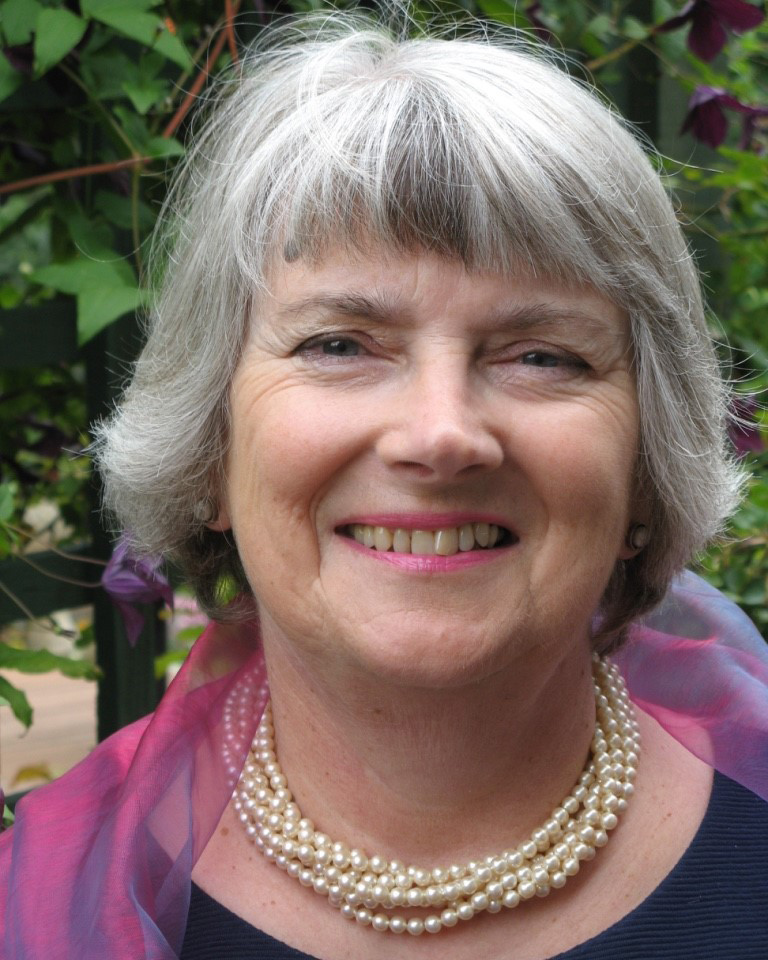 Susan Yarnall Dr. S. J. Monks is the president of the European Voice Teachers Association (EVTA), a past chair of the Association of Teachers of Singing UK (AOTOS), and a member of NATS. Yarnall-Monks has presented regularly on her research about “The Role of Vocal Identity in Developing a Unique Vocal Timbre.” Most recently she helped set up the EVTA Voice Clinic at the Europa Cantat Festival with over 4500 singers in Tallinn in 2018 and oversaw Eurovox 2018, EVTA’s European Conference in The Hague, Netherlands. She has been involved in all our planning for the NATS Transatlantic Pedagogy Trip and will be with us in Berlin to wrap up our BDG/NATS Mini-Conference by leading an Intervision Discussion.
Susan Yarnall Dr. S. J. Monks is the president of the European Voice Teachers Association (EVTA), a past chair of the Association of Teachers of Singing UK (AOTOS), and a member of NATS. Yarnall-Monks has presented regularly on her research about “The Role of Vocal Identity in Developing a Unique Vocal Timbre.” Most recently she helped set up the EVTA Voice Clinic at the Europa Cantat Festival with over 4500 singers in Tallinn in 2018 and oversaw Eurovox 2018, EVTA’s European Conference in The Hague, Netherlands. She has been involved in all our planning for the NATS Transatlantic Pedagogy Trip and will be with us in Berlin to wrap up our BDG/NATS Mini-Conference by leading an Intervision Discussion.
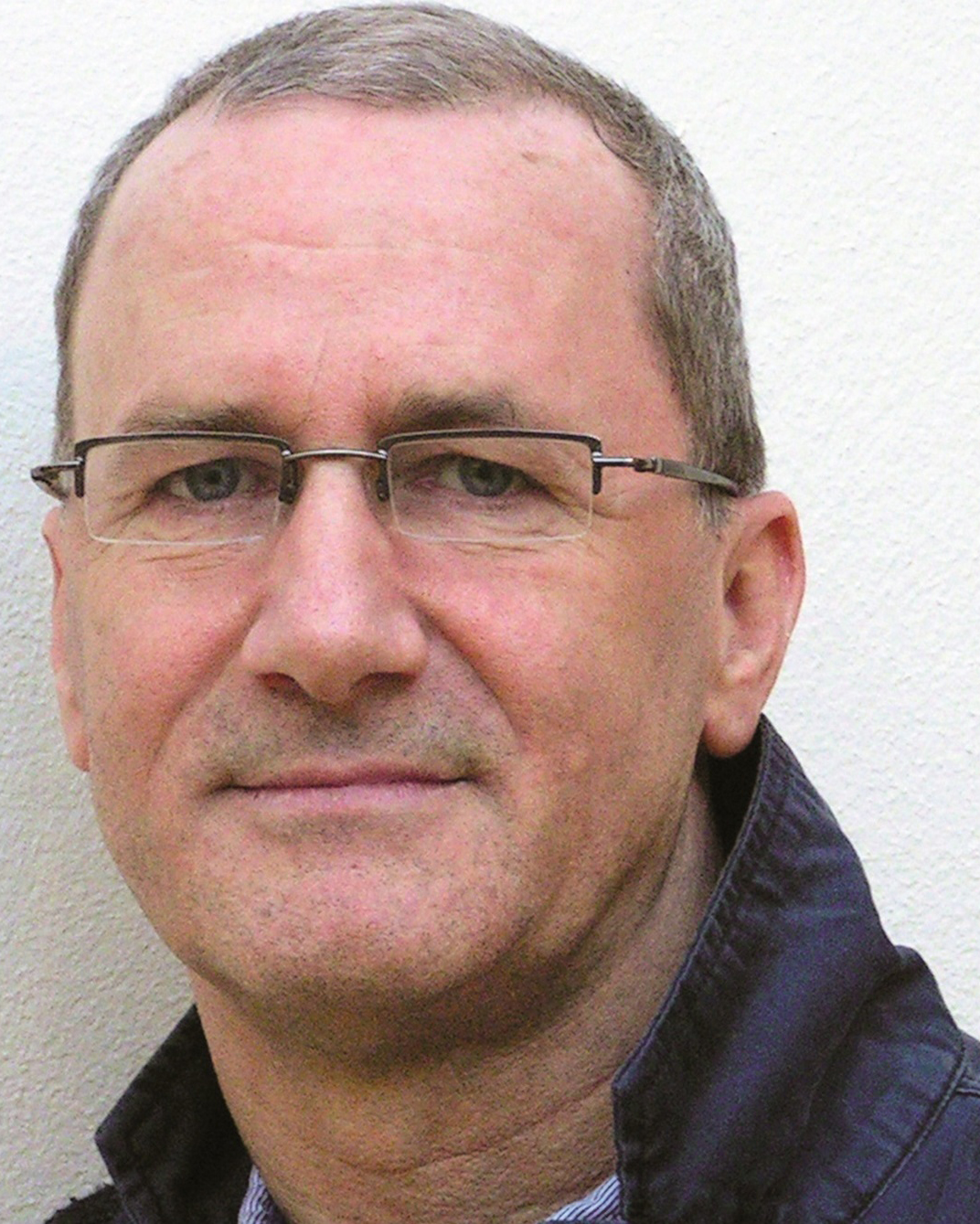 Hartmut Zabel, PhD, is Head of the Voice Research Studio at the Musikhochschule Dresden. He is chairman of the board of the music, dance, and art school Bannewitz eV. In 2014 he was elected Vice President of the Association of German Singers Educators (BDG). Topics he has researched, written and presented about include voice physiology, singing methodology, “Respiration with singers and brass players,” “Only a healthy and natural-sounding voice reveals long-term vocal development potential,” “Sound Spectra of the Singer’s Voice,” and “The Question about the Registers of the Singer Voice in the Present.”
Hartmut Zabel, PhD, is Head of the Voice Research Studio at the Musikhochschule Dresden. He is chairman of the board of the music, dance, and art school Bannewitz eV. In 2014 he was elected Vice President of the Association of German Singers Educators (BDG). Topics he has researched, written and presented about include voice physiology, singing methodology, “Respiration with singers and brass players,” “Only a healthy and natural-sounding voice reveals long-term vocal development potential,” “Sound Spectra of the Singer’s Voice,” and “The Question about the Registers of the Singer Voice in the Present.”
